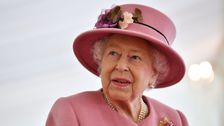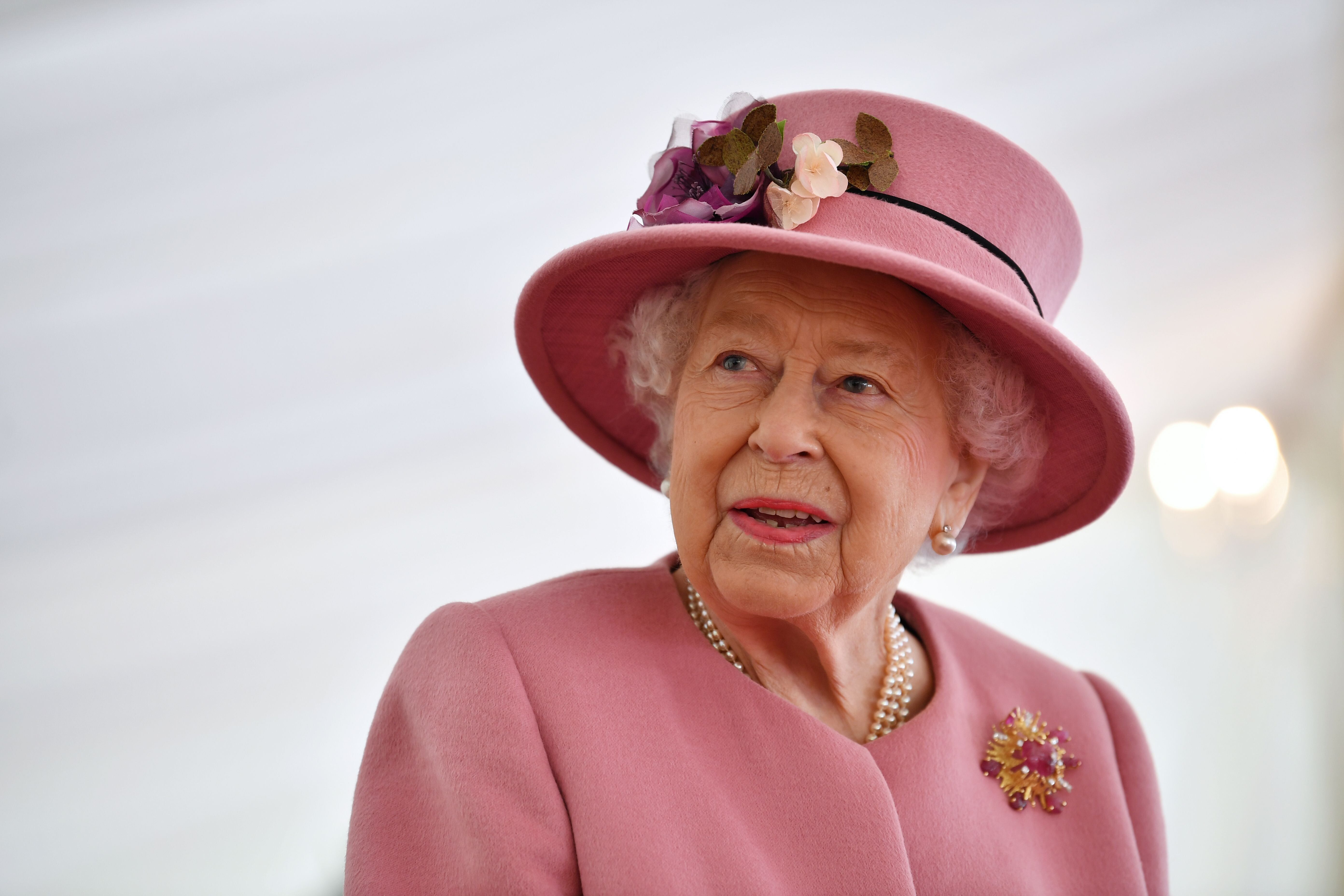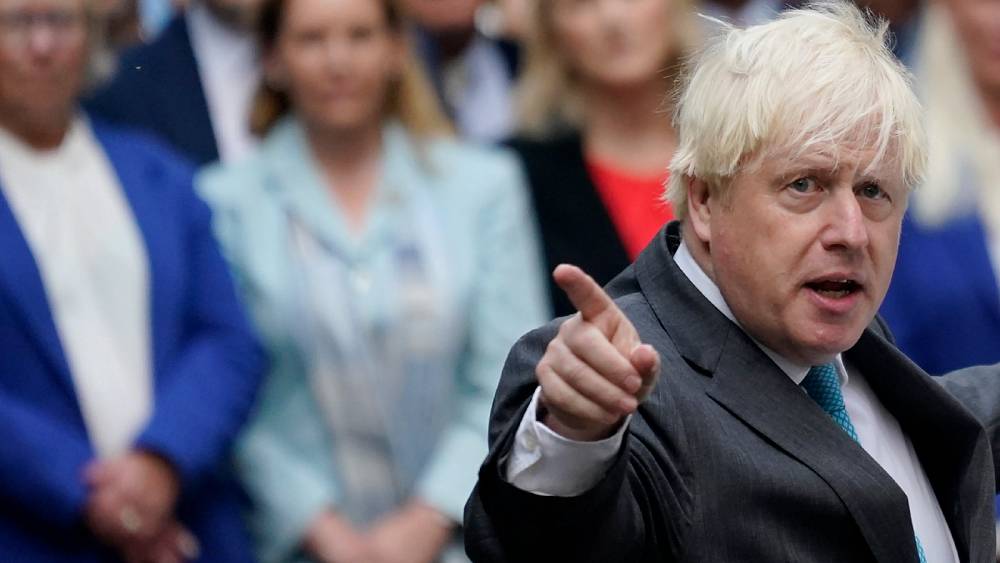

The queen has given the Brexit trade deal her royal assent, meaning the legislation has now officially become law – just hours before the U.K. fully and economically leaves the European Union.
For the last 11 months, the U.K. and the EU have been in a transition period during which the U.K. had left the 27-member bloc politically, but economically nothing had really changed while the two sides hammered out a trade deal.
But with the bill passing into law, the U.K. will economically exit the EU at 11 p.m. Thursday. It will begin trading under the terms of the deal, avoiding a costly and disruptive scenario in which the U.K. crashed out of the bloc under World Trade Organization rules – meaning they would have no custom agreement with the EU.
House of Commons speaker Sir Lindsay Hoyle told members of Parliament shortly before 12:30 a.m. GMT Thursday that the queen had formally rubber-stamped the European Union (Future Relationship) Act 2020.
Her approval marked the final step of a 14-hour process, which saw the bill pass both the House of Commons and the House of Lords in just a single day, with the draft legislation – which was more than 1,200 pages long – published just days before, on Boxing Day.
The trade deal comes after years of negotiations between the U.K. and the EU, following the UK’s vote to leave the bloc in June 2016.
After prolonged fears of a no-deal Brexit, a deal was finally struck and announced on Dec. 24.
Speaking just after the bill was given royal assent, Prime Minister Boris Johnson said the U.K.’s destiny “now resides firmly in our hands.”
He said: “We take on this duty with a sense of purpose and with the interests of the British public at the heart of everything we do.
“11 p.m. on Dec. 31 marks a new beginning in our country’s history and a new relationship with the EU as their biggest ally. This moment is finally upon us and now is the time to seize it.”
Despite the deal coming into law, businesses will still face paperwork and new procedures after Thursday, the Associated Press reported. Traders have only had since Dec. 26 to unpack the contents of the 1,200-page bill.
While the holiday means that traffic is slower than usual, transit points at the English Channel port of Dover and the Eurotunnel passenger and freight route are bracing for delays.
Besides the shake-up in trade, hundreds of millions of people in the U.K. and across the EU face disruption to their lives. Britons and EU citizens lose the right to live and work in each other’s territories. British won’t need tourist visas for short trips but face immigration paperwork for other types of travel.
MPs backed the bill by 521 to 73 at its third reading, while peers gave it an unopposed third reading late on Wednesday night.
The opposition Labour party supported the deal, despite misgivings from some pro-European MPs who said they would be abstaining or voting against.
Earlier in the day, European Commission President Ursula von der Leyen and European Council President Charles Michel formally signed the agreement.
Following the brief ceremony in Brussels, the documents were then flown to London by the military where the prime minister signed it.
The Associated Press and Liza Hearon contributed to this report.
Calling all HuffPost superfans!
Sign up for membership to become a founding member and help shape HuffPost’s next chapter
Related posts:
Views: 0
 RSS Feed
RSS Feed

















 December 31st, 2020
December 31st, 2020  Awake Goy
Awake Goy 



 Posted in
Posted in  Tags:
Tags: 
















